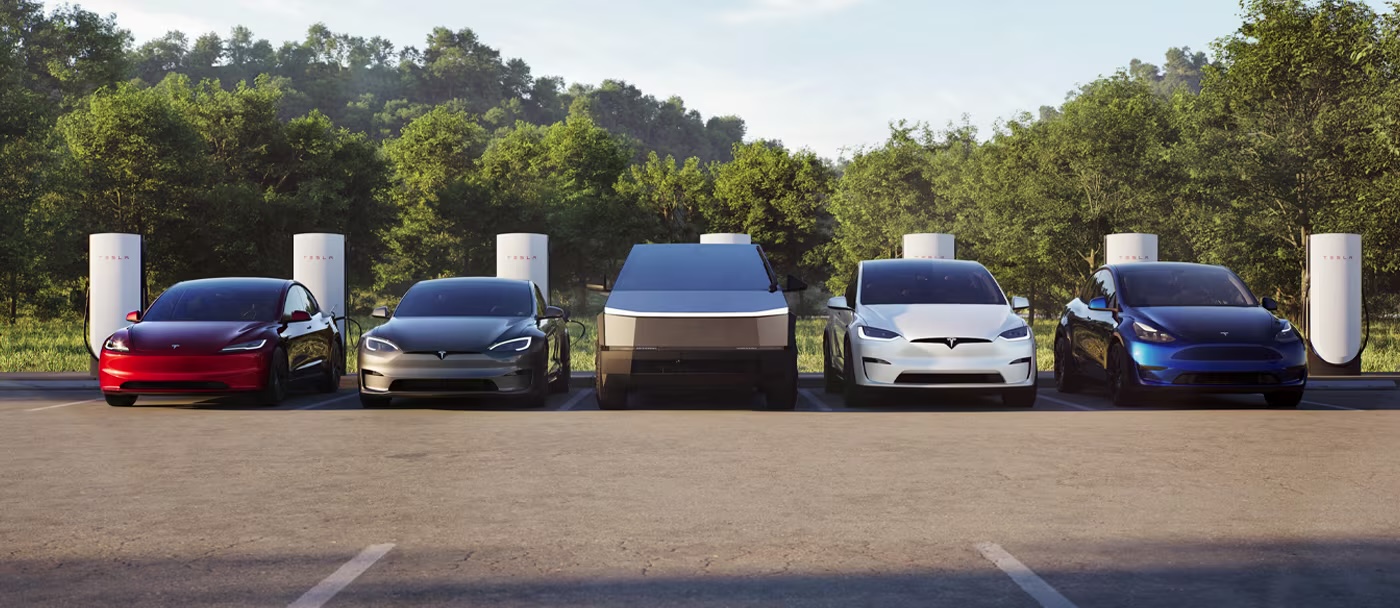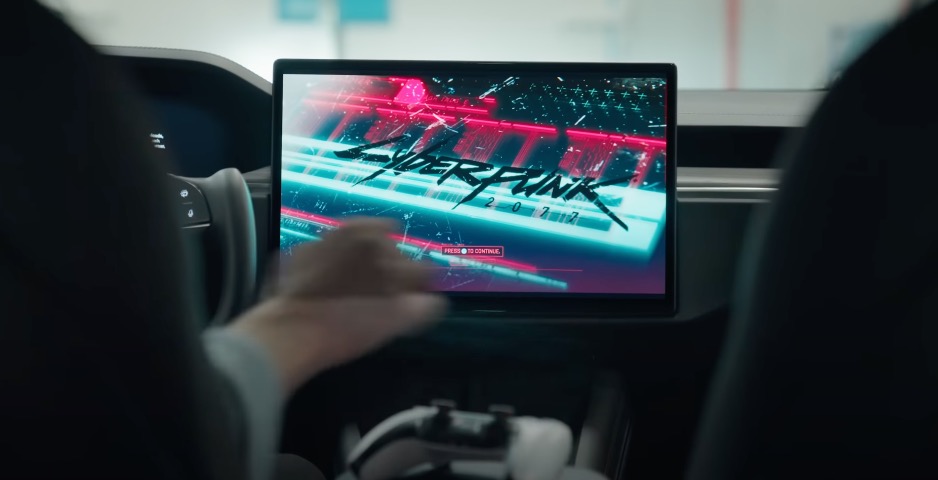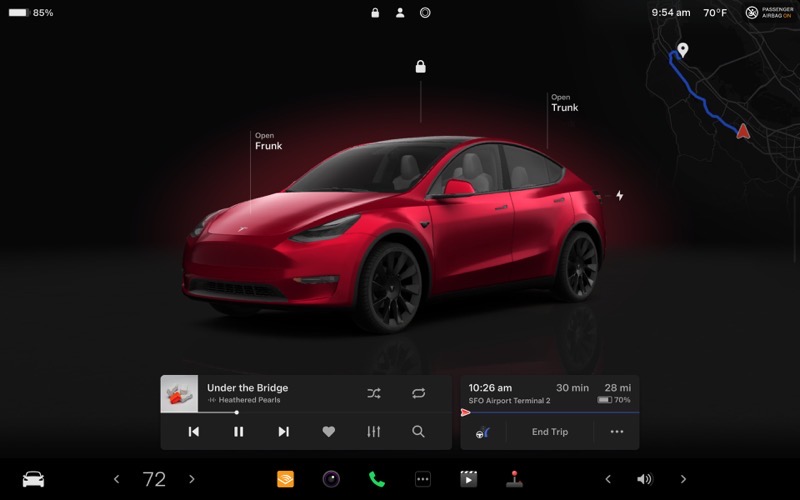
NHTSA Closes Investigation into Tesla Gaming Feature

The National Highway Traffic Safety Administration (NHTSA) declared on Tuesday that it is concluding its investigation into approximately 580,000 Tesla vehicles. This decision follows Tesla’s response to concerns over the “Passenger Play” feature, which initially allowed video games to be played on the central front touchscreen.
The probe began in December 2021, but Tesla promptly agreed to disable video gaming on vehicle screens while the cars were in motion. While no recall was pursued, NHTSA highlighted substantial concerns about driver distraction during the period that the feature was available.
Despite closing the investigation without demanding a recall, NHTSA emphasized that this action does not imply a safety-related defect absence. Additionally, the agency maintains the right to undertake further action if necessary.
The complaint was first lodged by a Tesla owner in Oregon after he discovered it was possible for passengers to play games while a car was being driven. Tesla Arcade offers various games owners can play while the vehicle is parked. The Model 3 owner said he saw a video on YouTube touting it was possible to play a game while driving so he then tried it out himself, then filed a complaint with the NHTSA.
Tesla has communicated to NHTSA that no customer complaints or accidents have been reported concerning the Passenger Play use during its year of operation in the concerned vehicles. The company sent out a software update to disable the feature that allowed only games Solitaire, The Battle of Polytopia and Sky Force Reloaded from a recent software update at the time, to be played by passengers while the car was in motion.
Following Tesla’s voluntary disabling of the Passenger Play feature through an over-the-air software update, NHTSA reported a 97% completion rate within a month. The investigation had covered Tesla vehicles equipped with the feature, sold since 2017.
NHTSA underscored the importance of technology-based lockouts over administrative controls such as labeling or disclaimer screens, citing “apparent driver use of Passenger Play while not in Park in approximately a third of the trips,” reports Reuters.
In an effort to minimize driver distraction, NHTSA issued guidelines in 2014 encouraging automakers to incorporate safety considerations in their design and adoption of in-vehicle infotainment devices. The guidelines recommend designing such devices to prevent the driver from engaging in inherently distracting secondary tasks while driving.
Simultaneously, NHTSA is conducting an ongoing investigation into 830,000 Tesla vehicles equipped with the Autopilot driver assistance system, following crashes involving parked emergency vehicles. Tesla sent a software update that addressed the latter situation. But the Autopilot still probe aims “to better understand human factors with respect to Tesla interfaces and the dynamic driving task.”
